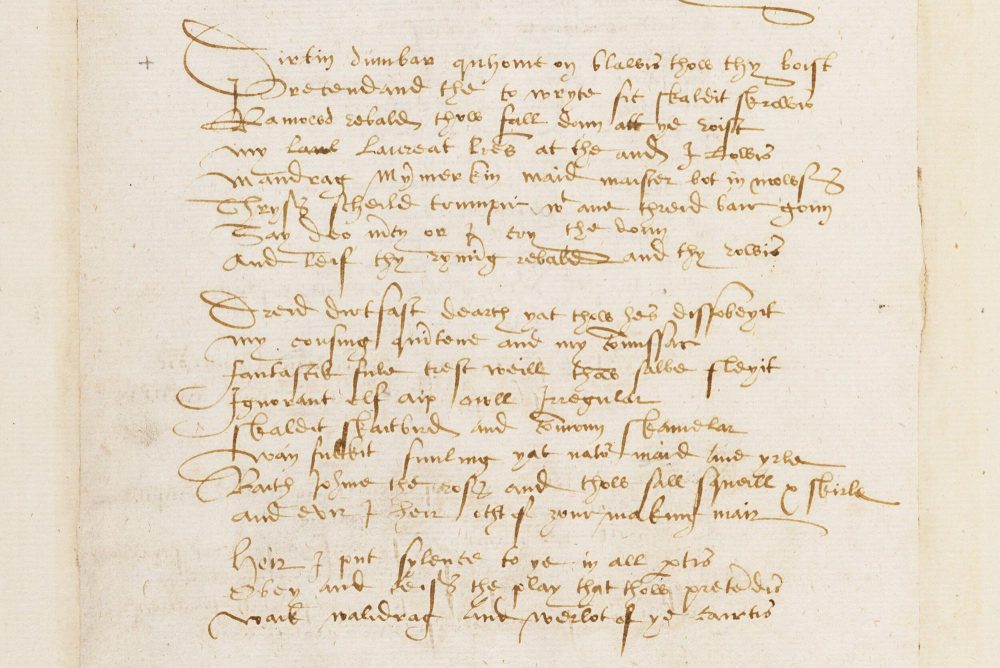You don’t have an accent — or rather, everyone has an accent, but we don’t notice our own, especially if we associate mostly with people of similar cultural backgrounds. For however we might like to describe ourselves, the way we speak reveals who we are: as dialect coach Erik Singer puts it in the Wired video above, “Accent is identity.” Among the forces shaping that identity he names not just geography but socioeconomic background, generation, ethnicity and race, and other “individual factors.” The result is that a large and varied continent like North America has given rise to a wide variety of accents in the English language alone.
In the video Singer and four other specialist language experts demonstrate a great many of these North American accents, identifying the most distinctive characteristics of each. The classic Boston accent, for example, is “non-rhotic,” referring to the dropping of “R” sounds that make possible such classic phrases as “pahk yah cah in Havahd Yard.” It differs in many ways from those common in places like Rhode Island and New York City, relatively close together though all three areas may seem: the diversity of accents on the U.S. east coast versus its more recently settled west coast underscores the fact that regional accents need time, usually a matter of generation upon generation, to emerge.
The way Philadelphians talk illustrates what Singer calls “the ‘on’ line,” north of which most pronounce “on” as if it rhymes with “don,” and south of which — Philly and below — most pronounce “on” as if rhymes with “dawn.” You don’t even have to cross the Pennsylvania border to find another unique accent. Only in Pittsburgh do people “smooth the ‘mouth’ dipthong,” a dipthong being a syllable composed of two distinct vowels — here, the “ou” in “mouth” — the “smoothing out” of which turns it into a single (and to non-Pittsburghers, unusual-sounding) vowel.
By the end of these 20 minutes, Singer and his crew have made it only as far as the “Piney Woods Belt” of the American south, whose accents bring to many of our minds the voice of Scarlett O’Hara and Blanche DuBois. They’ve also touched on such linguistic curiosities as Gullah creole; the Elizabethan inflection of Ocracoke Island, North Carolina,” previously featured here on Open Culture; and in some ways the most curious of all, the broadly designated “general American” speech that has emerged in recent decades. This is only the first video of a series [update: it’s now available below], so keep an eye on Wired’s Youtube channel for the next installment of the linguistic journey — and keep an ear out for all the subtle varieties of English you can catch in the meantime.
Related Content:
A Brief Tour of British & Irish Accents: 14 Ways to Speak English in 84 Seconds
The Speech Accent Archive: The English Accents of People Who Speak 341 Different Languages
Why Do People Talk Funny in Old Movies?, or The Origin of the Mid-Atlantic Accent
Based in Seoul, Colin Marshall writes and broadcasts on cities, language, and culture. His projects include the Substack newsletter Books on Cities, the book The Stateless City: a Walk through 21st-Century Los Angeles and the video series The City in Cinema. Follow him on Twitter at @colinmarshall or on Facebook.


